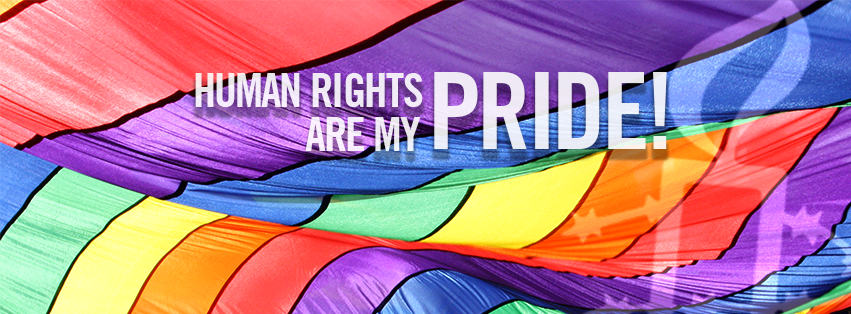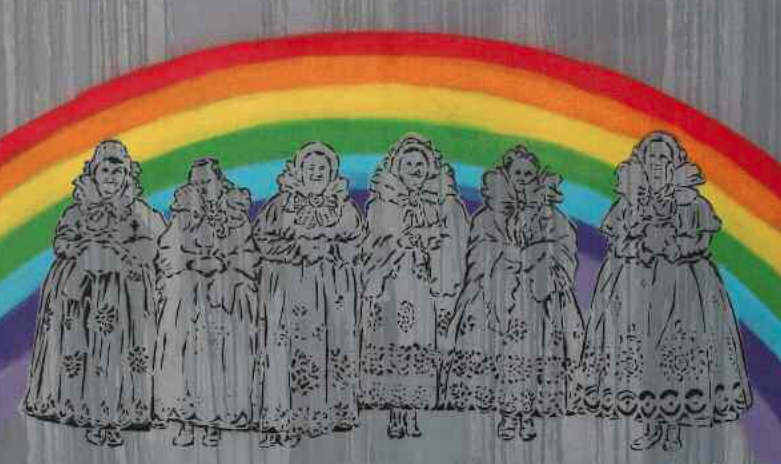
In January 2014, a 24-year-old Polish gay man was murdered shortly after leaving a club in Szczecin. His body was found on a nearby construction site, his face covered in bruises and his pants pulled down. Medical examiners found that he had drowned, as his face had been pushed into a puddle repeatedly. Authorities ignored the possibility that homophobia motivated the murder, and the court treated this attack as a common crime when it convicted the two men responsible.
Poland’s lesbian, gay, bisexual, and transgender (LGBT) community faces widespread and ingrained discrimination. SEE THE REST OF THIS POST
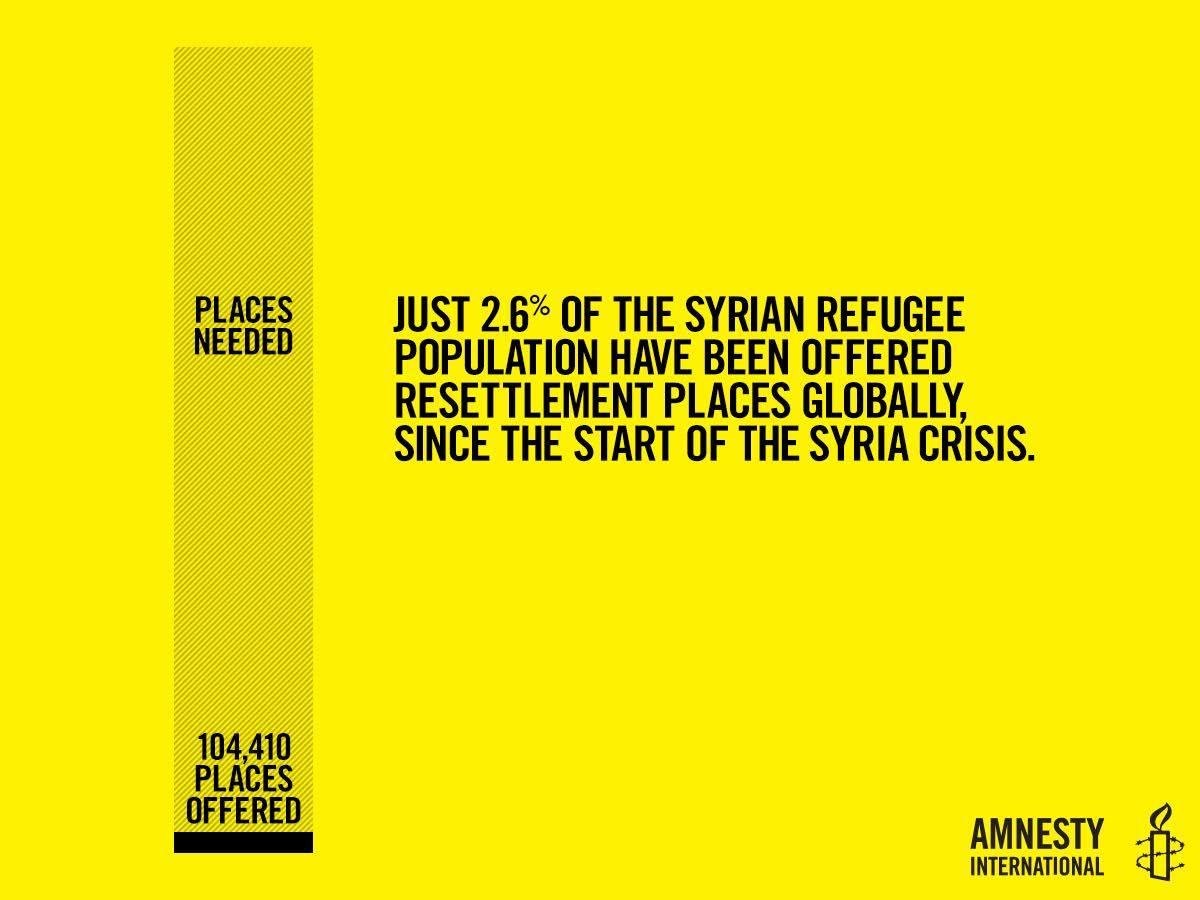
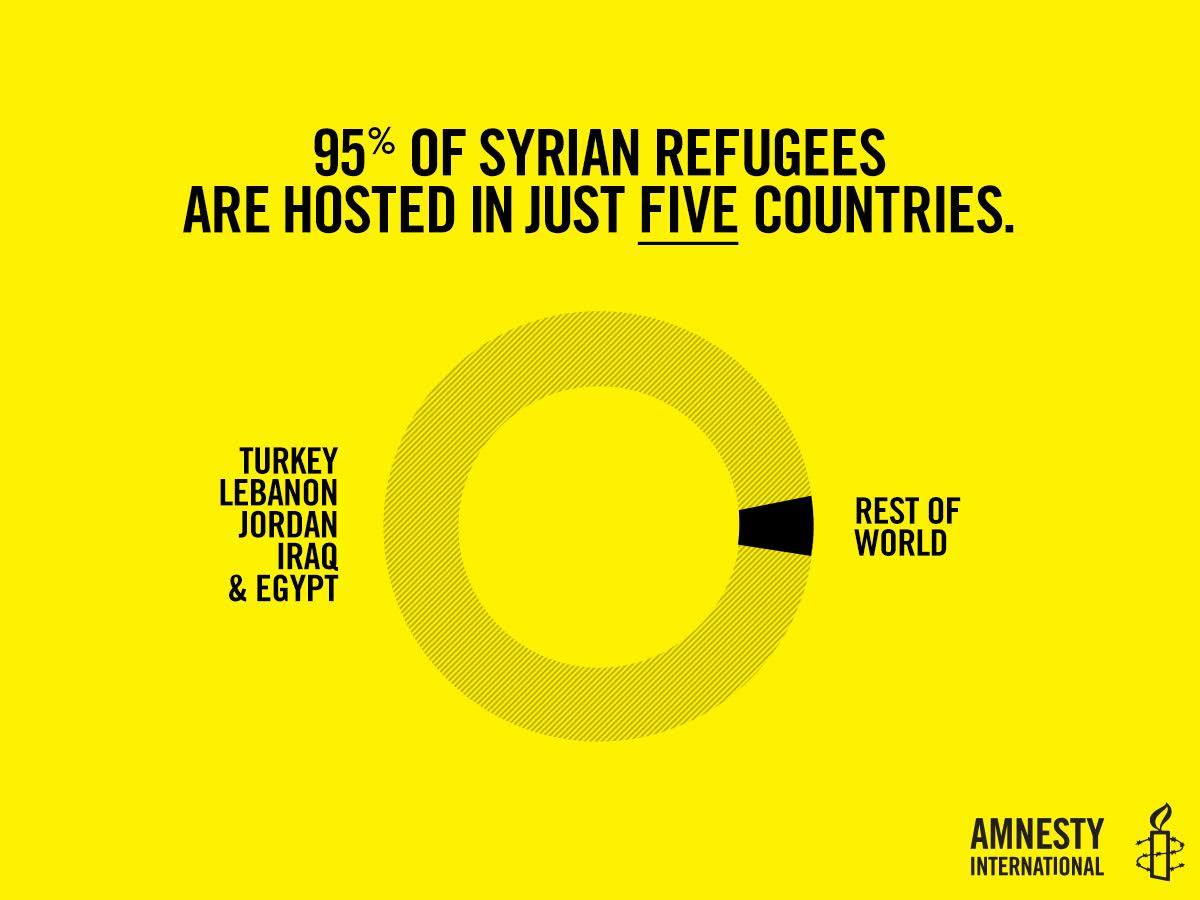
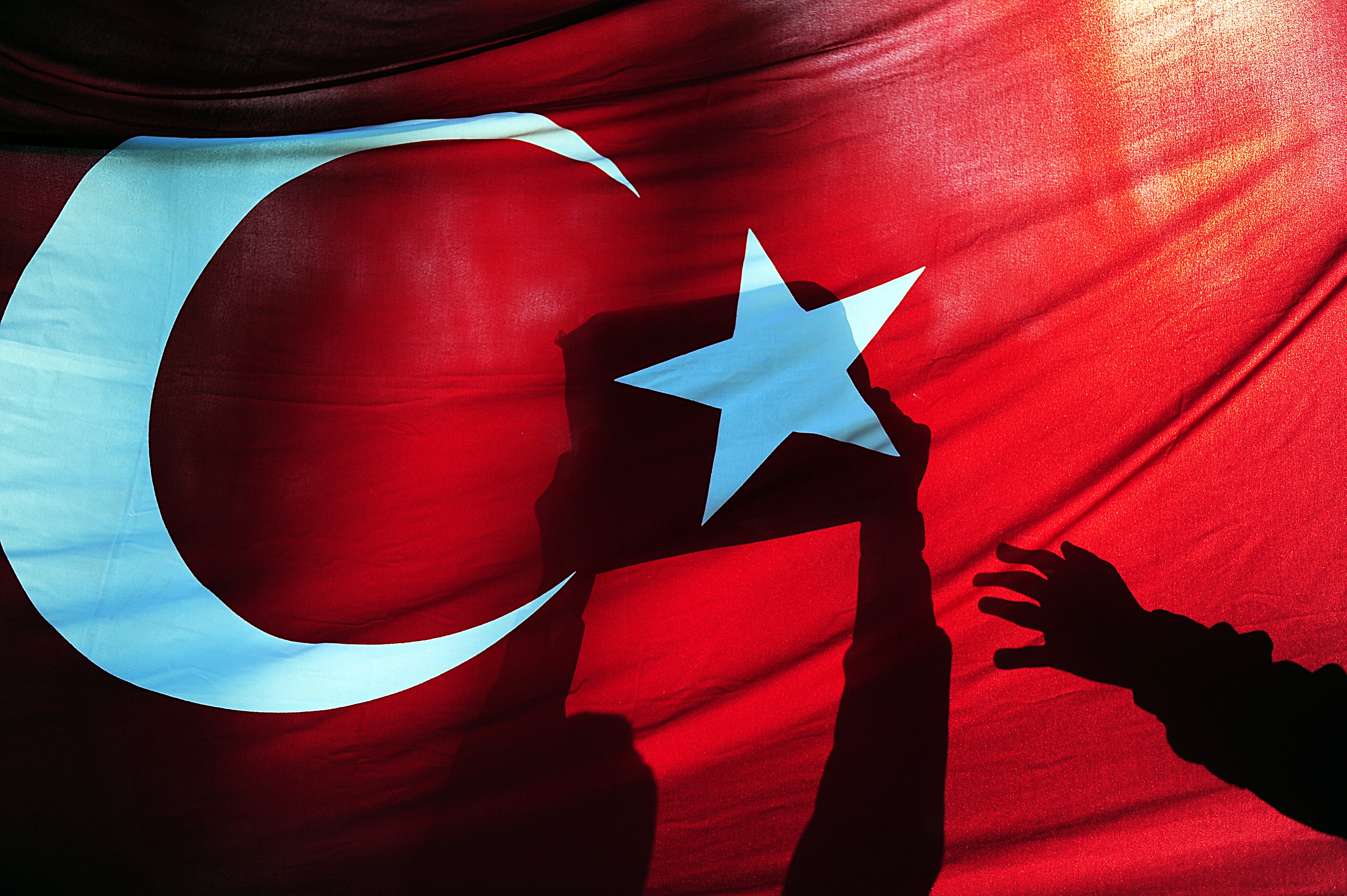
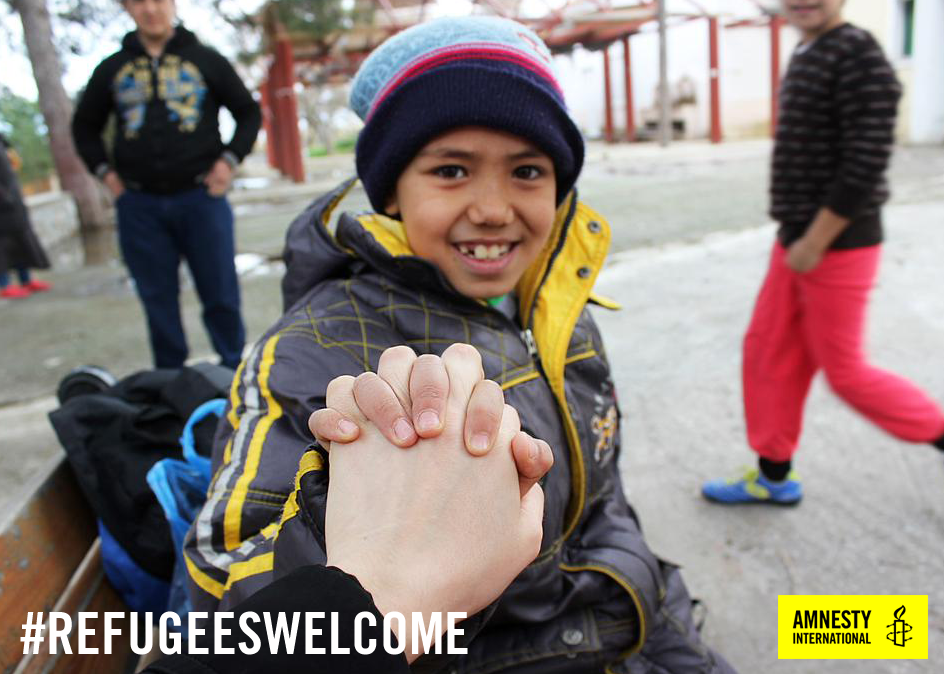
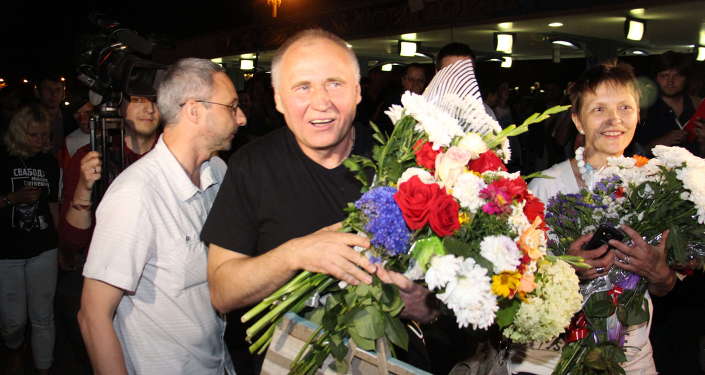
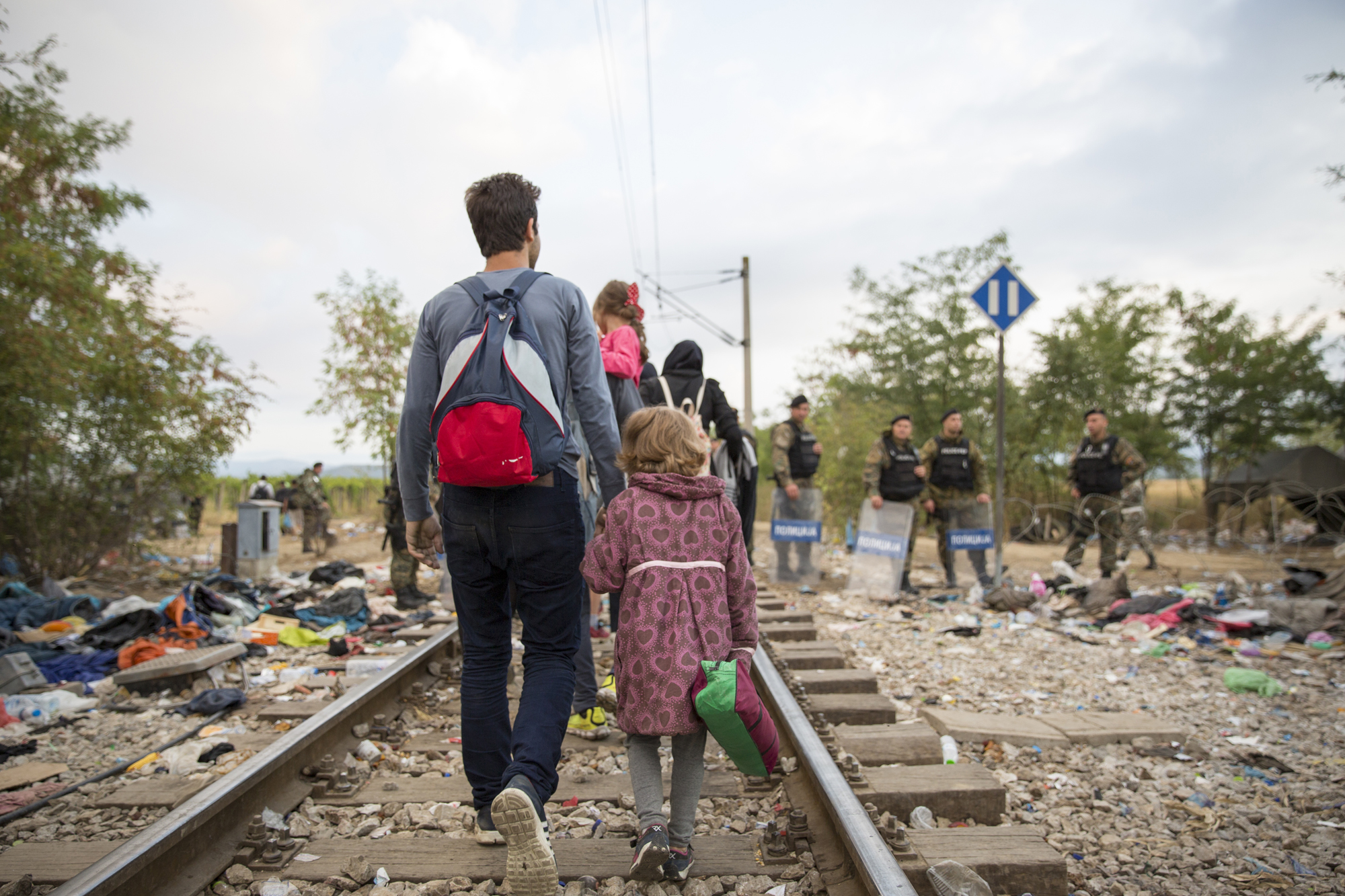
 It was only two decades ago that Ireland decriminalized homosexuality. Yet on May 22, people took to the polls and made
It was only two decades ago that Ireland decriminalized homosexuality. Yet on May 22, people took to the polls and made 
